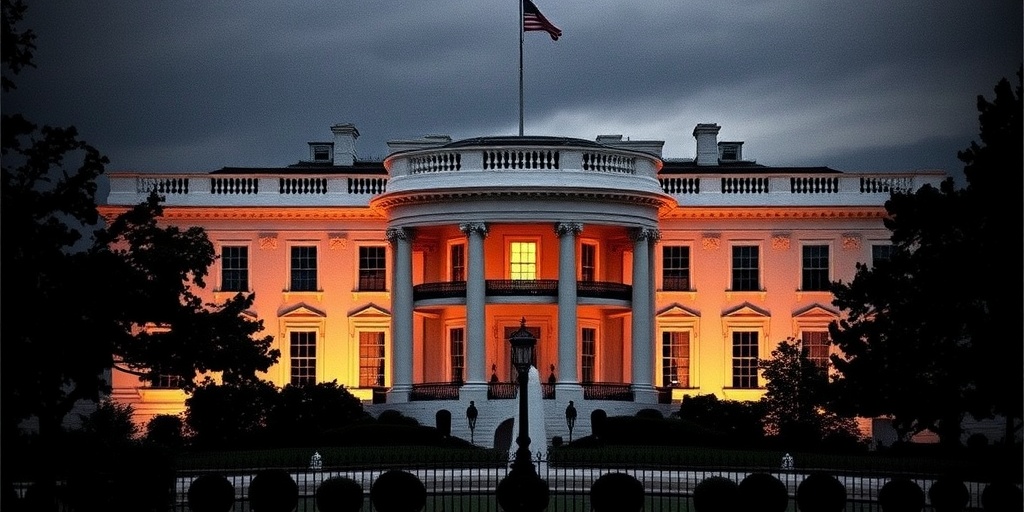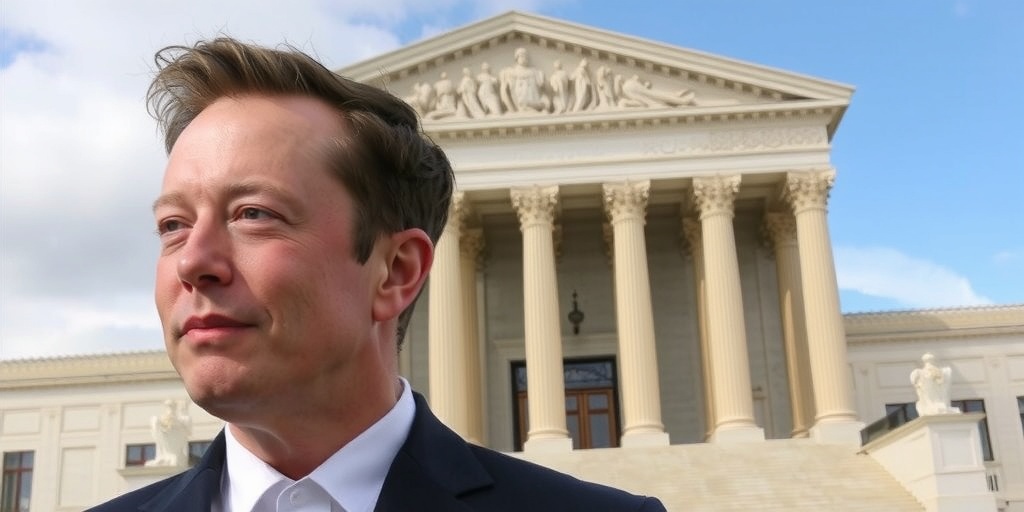Now Reading: What the Signal Leak Exposed About Washington
-
01
What the Signal Leak Exposed About Washington
What the Signal Leak Exposed About Washington

Title: Signal App Leak Exposes U.S. Military Operations Amid Political Turmoil
In a shocking revelation that has sent ripples through the corridors of power in Washington, D.C., a significant national security scandal has emerged involving the Trump administration. This incident marks the first major test of an administration that positioned itself as a disruptor of traditional norms and practices. The scandal centers on the orchestration of a bombing campaign in Yemen, which was reportedly conducted through the messaging app Signal — a choice that underscores the precarious intersection of technology and sensitive government operations.
The disclosure came to light this week when classified communications between some of the highest-ranking officials in the U.S. government were accidentally shared with a journalist from The Atlantic. The leaked messages contain details about military decisions and strategies that were never intended for public consumption, providing an unprecedented glimpse into how the Trump administration managed military operations in what can be described as the "emoji era."
As social media platforms and messaging applications become increasingly central to the way information is shared, the fallout from this leak raises serious questions about the security measures surrounding governmental communications. The unexpected exposure of these messages has triggered widespread criticism and concern over what it says about the administration’s handling of state secrets. Critics argue that this incident reveals a troubling disregard for established protocols for confidential communication, particularly in matters as sensitive as military interventions.
In an episode that could redefine how we understand national security, The New York Times reporters Jess Bidgood, Helene Cooper, Zolan Kanno-Youngs, and David E. Sanger addressed the implications of the Signal chat leak in a recent discussion. Their insights provide a deeper understanding of the operational dynamics within the Trump administration, especially regarding how decisions around military actions were communicated and executed.
The use of a messaging application designed for private conversations — particularly one noted for its focus on security and encryption — for discussions about military strikes is perplexing. It raises critical questions about the training and operational guidelines afforded to officials responsible for national security. If decisions as consequential as military bombings can be orchestrated in this relatively informal digital space, it begs inquiry into whether sufficient checks and balances exist within our governmental systems.
The implications of the leak extend beyond the immediate embarrassment for the Trump administration. The incident outlines a broader trend of increasingly casual communication practices among officials at the highest levels of government. As political environments become more polarized and informal, there appears to be a corresponding risk to the sanctity of critical confidential operations. The journalism industry and political commentators alike have expressed dismay over the implications of such behavior, urging a reevaluation of acceptable methods of communication for sensitive military and national security matters.
The timing of these leaks coincides with a moment of heightened tension internationally, casting a shadow over the administration’s foreign policy. As citizens and political leaders use this incident to further critique the Trump administration, the administration must reckon with the ramifications of this breach. Understanding how such a lapse occurred may provide insights into vulnerabilities that exist not just within one administration, but in the larger national security framework.
Furthermore, the ongoing discourse surrounding the leak signifies a need for stricter protocols regarding digital communications within government departments. With cyber threats and information leaks becoming more prevalent, establishing secure methods of exchanging sensitive information is paramount. This incident serves as a reminder that while technology can enhance connectivity and efficiency, it can also create new vulnerabilities.
Looking ahead, the challenge for the Trump administration will not only lie in managing the immediate fallout from this leak but also in rebuilding trust with both the American public and international allies. Future strategies must focus on ensuring transparency and accountability while safeguarding national secrets in the face of rapidly evolving communication styles.
As the political landscape in Washington navigates this scandal, it will be crucial for both media and government officials to work collaboratively in establishing a framework that prioritizes both security and ethical considerations in communication.
In summary, the recent Signal app leak has exposed critical flaws in the handling of military communications, resulting in a deeper discussion about the intersection of technology and national security. As more revelations emerge, both the Trump administration and its critics must confront the implications of this unprecedented breach of protocol. The outcome of this situation will likely influence governmental practices and policies for years to come, as lessons are drawn on the necessity of balancing modern communication with traditional security measures.
Stay Informed With the Latest & Most Important News
Previous Post
Next Post
-
 01New technology breakthrough has everyone talking right now
01New technology breakthrough has everyone talking right now -
 02Unbelievable life hack everyone needs to try today
02Unbelievable life hack everyone needs to try today -
 03Fascinating discovery found buried deep beneath the ocean
03Fascinating discovery found buried deep beneath the ocean -
 04Man invents genius device that solves everyday problems
04Man invents genius device that solves everyday problems -
 05Shocking discovery that changes what we know forever
05Shocking discovery that changes what we know forever -
 06Internet goes wild over celebrity’s unexpected fashion choice
06Internet goes wild over celebrity’s unexpected fashion choice -
 07Rare animal sighting stuns scientists and wildlife lovers
07Rare animal sighting stuns scientists and wildlife lovers




















